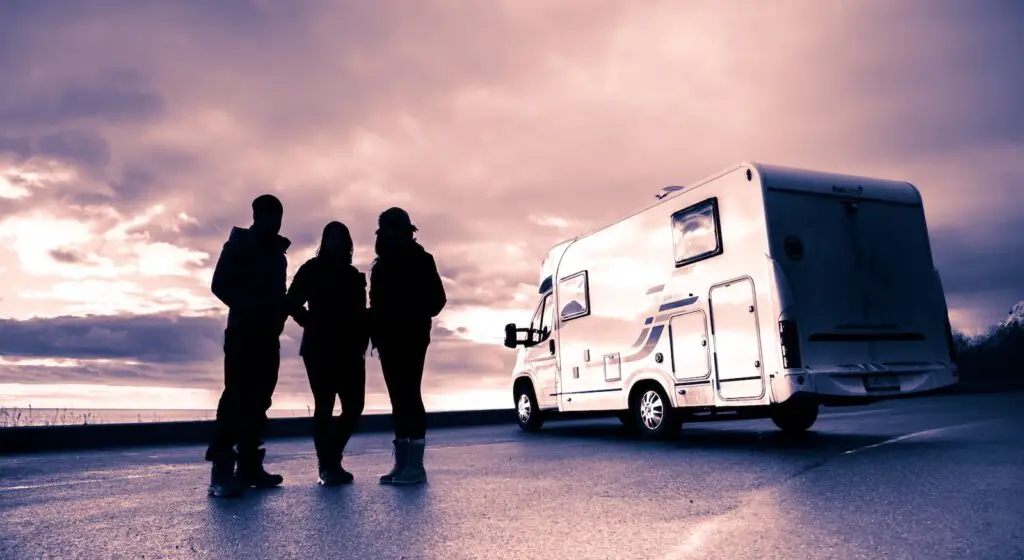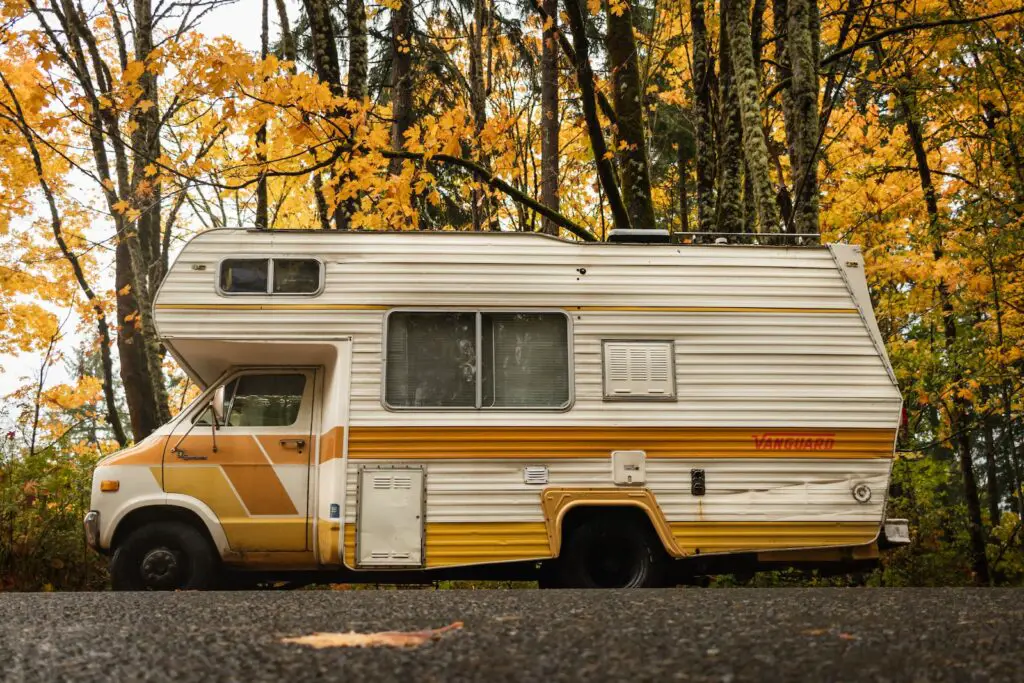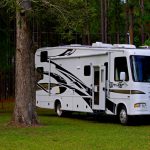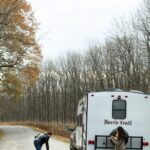Are you feeling claustrophobic, lonely, or wondering if living in an RV was the right move? Our team of RV enthusiasts at RV Brands™ has compiled some tips, advice, and expertise on the matter.
Why People Choose the RV Life
The RV lifestyle provides more freedom, flexibility, and adventure than living in a house. It’s an opportunity to downsize and live with only what you need while exploring new places. Many people are attracted to the RV lifestyle because it allows for a simpler way of life and a closer connection with nature.
What It’s Really Like to Live in an RV
Living in an RV can be challenging, especially if you’re not used to small spaces. It requires planning, organization, and sacrifice. You’ll need to keep your RV clean, maintain your systems, and learn how to conserve water and electricity. You’ll also face the difficulties of finding places to park, staying connected to the internet, and maintaining relationships with friends and loved ones.
10 Things to Love and Hate About RV Life
We’ve surveyed seasoned RVers to compile a list of things they love and hate about living in an RV. It’s important to understand both sides of the coin before deciding to dive into the RV lifestyle.
Pros:
- Freedom to travel and explore new places
- Simplified and minimalistic way of living
- Enjoying nature and the great outdoors
- Meeting new people and making friends
- Quality time spent with family and loved ones
- Wake up to beautiful and unforgettable views
- Limited responsibilities and stress
- Flexibility to change plans and adapt to new situations
- This amazing feeling of being able to call anywhere your home
- The excitement of always having a new backyard
Cons:
- Lack of privacy
- Limited storage capacity
- Limited space for entertaining and hosting guests
- Limited access to laundry and shower facilities
- Expensive maintenance and repairs
- Difficulty finding reliable internet access
- Bumpy rides, constant maintenance, and repairs
- Constant adjustments to temperature and air-quality
- Dealing with black and grey water
- Limited access to reliable healthcare
Is RV Life Worth It?
The question of whether RV life is worth it ultimately depends on your personal goals and values. If you’re passionate about travel and adventure, and don’t mind the challenges of RV living, it can be an incredibly rewarding lifestyle. If you value the creature comforts and stability of a house, the RV lifestyle might not be for you.
Is It Practical to Live in an RV?
The practicality of living in an RV depends on your lifestyle and priorities. If you’re someone who values the freedom to travel and explore, downsize, and live a minimalistic life, then an RV can be practical for you. If you crave stability and the comforts of a larger living space, an RV may not be practical.
Is It Hard to Live in an RV Full Time?
Living in an RV full-time can be challenging, both mentally and logistically. You’ll need to adjust to a smaller living space, navigate the difficulties of finding parking and staying connected to the internet, and maintain your systems. However, it can also be incredibly rewarding for those who enjoy travel and the freedom to explore new places.
Is It Cheaper to Live in an RV or a House?
The cost of living in an RV varies based on your lifestyle and habits. On average, living in an RV can be significantly cheaper than living in a house. You’ll save on expenses like rent, utilities, and property taxes. However, you’ll also need to account for the cost of maintenance and repairs, fuel, and campground fees.
Quick Tips and Facts
- It’s important to find an RV that suits your lifestyle and needs
- Research campsites and overnight parking options before you go
- Invest in good-quality camping gear
- Create a routine and stick to it
- Avoid traveling during peak season to save money
- Pack as light as possible
- Be aware of the weight limits for your RV
Frequently Asked Questions

How much money will I save living in an RV?
Living in an RV can be significantly cheaper than living in a house. You’ll save on expenses like rent, utilities, and property taxes. However, you’ll also need to account for the cost of maintenance and repairs, fuel, and campground fees.
Can I homeschool my children while living in an RV?
Yes, many full-time RVing families homeschool their children. Homeschooling can be a great way to provide a flexible and personalized education for your children while traveling.
What’s the best RV for full-time living?
The best RV for full-time living depends on your lifestyle and needs. Consider factors like size, layout, storage capacity, and durability when choosing an RV for full-time living.
Do I need a special license to drive an RV?
Whether or not you need a special license to drive an RV depends on the size and weight of your RV and the state you reside in. Be sure to research the laws and regulations in your area.
Conclusion
Living in an RV can be a rewarding and fulfilling lifestyle for those who enjoy travel and exploration. However, it’s important to understand both the pros and cons before committing to a life on the road. If you’re considering the RV lifestyle, take the time to research and learn from others who have experience with this way of living. With planning and preparation, living in an RV can be an amazing adventure.
Reference Links:
- RV Life: https://rvlife.com/
- The RVers: https://thervers.tv/
- RVshare: https://rvshare.com/
- Outdoorsy: https://www.outdoorsy.com/
- Good Sam Club: https://www.goodsam.com/
- RVFTA: https://rvfta.com/



